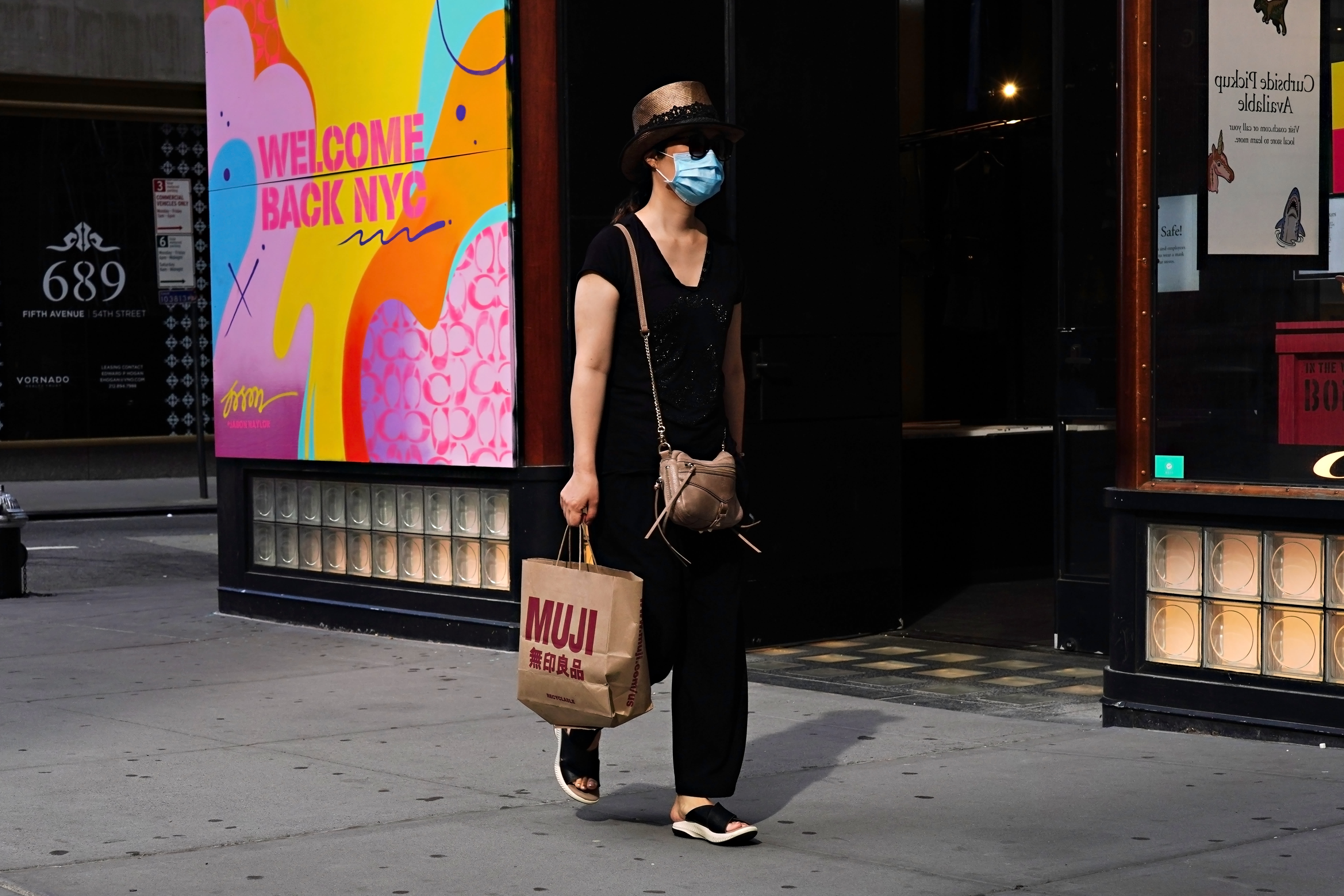
A woman wearing a protective mask walks near a mural that reads ‘WELCOME BACK NYC’ as the city continues Phase 4 of re-opening.
Cindy Ord | Getty Images Entertainment | Getty Images
There is one big difference between the current coronavirus-led economic downturn and the 2008 global financial crisis and it could drive up consumer prices in a way that most investors are not expecting, according to analysts at Morgan Stanley.
Advanced economies have grappled with subdued inflation over the last decade. This means a gradual increase in prices, which is deemed healthy in economic terms, has failed to take place. As a result, central bankers have kept interest rates low since 2008 in an attempt to create price inflation. But, their actions did not push consumer prices to where they wanted.
Many market players believe this is unlikely to change in the wake of the coronavirus outbreak, citing the scale of the economic shock and a higher unemployment rate.
“With the US and global economies in the midst of one of the deepest recessions and output gaps on record, most investors we speak with have dismissed our call for higher inflation risks,” Morgan Stanley said on Sunday in a research note.
“However, it’s the fiscal response that’s really different this time,” the bank said, drawing a comparison to the 2008 crisis.
The investment bank believes the vast sums of money put into keeping people in work and supporting those that have been made unemployed could make a difference in driving up inflation.
The U.S. Congress is currently discussing a second round of $1,200 stimulus checks aimed at supporting Americans weathering the ongoing economic shock.
“Congress is now in the driver’s seat when it comes to the money supply with its fiscal programs… This is potentially more inflationary than appreciated, which means that back-end rates can rise,” Morgan Stanley said.
“Very few portfolios are prepared for such an outcome. Such shifts can happen quickly when they are so unexpected,” the bank added.
In June, the Federal Reserve estimated an inflation rate of 0.8% for 2020 and 1.6% for 2021. Its mandate includes controlling inflation at around 2%.
Leave a Reply